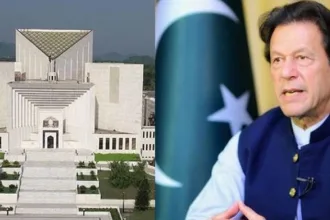During a detailed review, the IMF and Pakistani officials extended their dialogue to finalize the MEFP, targeting a $3 billion agreement. Originally set to end on March 18, meetings were prolonged due to shorter Ramadan work hours, pushing some discussions to Tuesday.
The finance ministry plans to complete the Letter of Intent (LoI) and MEFP by Tuesday. Most documentation is reportedly ready. Additionally, both sides have prepared for potential data discrepancies by March 31, ensuring they stay in touch for the expedited release of the final $1.1 billion from the initial $3 billion SBA.
Monday’s talks focused on improving AML and CFT laws, following FATF guidelines, and involving key stakeholders. Under new rules, banks will share data with the FBR, maintaining strict protocols to protect officials’ asset data.
Plans include adjusting the petroleum development levy and devising a strategy to stop the electricity and gas sector’s circular debt growth. From July 1, 2024, tariff revisions will aim for stable fuel costs and reducing the debt, currently over Rs3 trillion.
The government has committed to digitizing the FBR and overhauling real estate tax policies. Upcoming legislation will enforce regulation, require tax registration for retailers, and hike taxes for real estate non-filers, ensuring better monitoring.
Minister Sardar Awais Ahmad Khan Leghari, in charge of the Power Division, underscored the circular debt challenge, now at Rs3 trillion, vowing to combat inefficiencies in the power sector.






